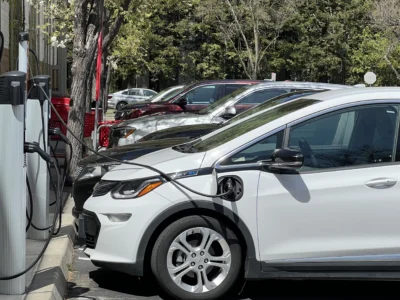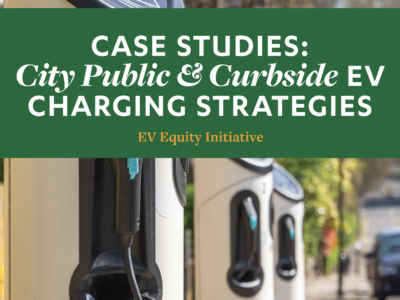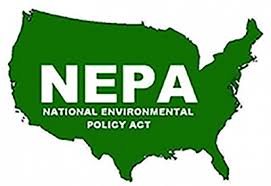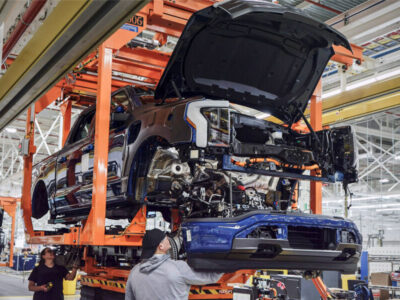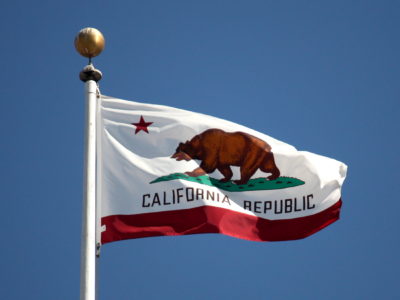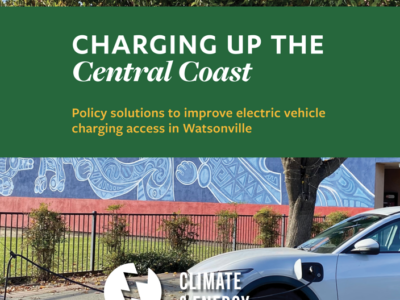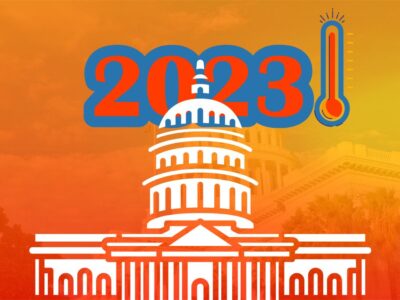Transportation
The New EPA Car Rule Doesn’t Violate the Major Questions Doctrine
They both relate to climate, but West Virginia v. EPA involved a very different regulation raising very different issues.
In West Virginia v. EPA, the Supreme Court struck down the Obama-era Clean Power Plan. The heart of the ruling was that EPA had engaged in a power grab, basing an unprecedented expansion of its regulatory authority on an obscure provision of the statute. Conservative groups have claimed since then that virtually every government regulation …
Continue reading “The New EPA Car Rule Doesn’t Violate the Major Questions Doctrine”
CONTINUE READINGHow Can Cities Deliver Equitable EV Charging to the Curbside and Public Right of Way?
New CLEE Report Presents Case Studies and Elevates Key Strategies
As California and other states transition to one hundred percent zero-emission new vehicle (ZEV) sales by 2035, local governments will play a crucial role in addressing inequities in the ZEV transition. Limited access to abundant and reliable charging equipment remains a key barrier to ZEV adoption for all, and city governments can lead efforts to …
CONTINUE READINGDeciphering NEPA 2.0
Here’s everything you wanted to know about the “New NEPA” but were afraid to ask.
NEPA was long an island of legal stability, standing almost unamended for over a half century. Then in the summer of 2023, everything changed. As a rider on the agreement to raise the debt ceiling, Congress extensively rewrote and expanded NEPA, gifting us with a new statutory regime. As I’ve written before — and discuss …
Continue reading “Deciphering NEPA 2.0”
CONTINUE READINGActually, EV Sales Are Right on Track
Don’t believe the current anti-EV spin.
There is a lot of talk about weak consumer demand for EVs — doleful from greens, triumphant from others. Maybe US carmakers have hit a few speed bumps –not surprising when trying to rapidly ramp up a product that’s new to most consumers. But the reality is actually quite reassuring in terms of the U.S. …
Continue reading “Actually, EV Sales Are Right on Track”
CONTINUE READINGRecentering Environmental Law: A Thought Experiment
If we had understood then what we know now. . . .
In 1965, scientists sent LBJ a memo mentioning the risks of climate change. Imagine if history had been a little different. Suppose it had been this memo and a follow-up report, rather than Rachel Carson’s attack on pesticides, that sparked the environmental movement. How would environmental law look different and how might we be thinking about …
Continue reading “Recentering Environmental Law: A Thought Experiment”
CONTINUE READINGCalifornia’s Climate Leadership: A Timeline
California embraced climate action 2002 and has never looked back since.
The Golden State has adopted a slew of climate change laws over the past twenty years, and an even greater number of regulations . To help you keep track, here is a timeline of California’s most important actions. 2002 SB1078. California established first renewable portfolio standard (20% from renewables by 2010). AB 1493 (Pavley …
Continue reading “California’s Climate Leadership: A Timeline”
CONTINUE READINGHow Can Cities Ensure EV Charging Accessibility for Lower-Income Drivers?
Watsonville, California as a Case Study for Policymakers
California’s ambitious goal to end the sale of internal combustion engine passenger vehicles by 2035 will require addressing the challenges faced by lower- and moderate-income drivers in accessing battery-powered electric vehicles (EVs). Chief among these concerns is their need to have a convenient and affordable place to charge the vehicles. Currently these residents too often …
Continue reading “How Can Cities Ensure EV Charging Accessibility for Lower-Income Drivers?”
CONTINUE READINGThe Bumper Crop of New State Climate Policies Since July.
State governments aren’t sitting on their hands. Far from it. The pace of climate action is picking up.
State climate policy is a big deal. State governments began cutting emissions at a time when the federal government was essentially doing nothing about climate change. Since then, more states have become involved, and state policies have become more aggressive. it’s not for nothing that 2023 has been called a banner year for state climate …
Continue reading “The Bumper Crop of New State Climate Policies Since July.”
CONTINUE READINGHow are California Cities Planning for the EV Transition?
Some leaders are emerging, but plenty of room for more equity-centered programs
With California’s 2035 zero-emissions vehicle transition target now just over a decade away, state and local leaders face an urgent need to ensure that sufficient electric vehicle charging infrastructure is available to meet the needs of all drivers. Electrified vehicles constituted nearly a quarter of all new sales in 2023, but publicly accessible chargers still …
Continue reading “How are California Cities Planning for the EV Transition?”
CONTINUE READINGThe Year in California Climate Laws
Looking back at California’s 2023 legislative session, our new environmental laws represent a solid step forward—bigger than expected.
If 2022 was a Rivian with all the bells and whistles, this past year was more a Ford Lightning. After a landmark 2022—a record $54 billion committed to climate spending and legislation that codified the state’s goals of carbon neutrality by 2045 and 90 percent clean electricity by 2035—a significantly gloomier budget forecast gave rise …
Continue reading “The Year in California Climate Laws”
CONTINUE READING



